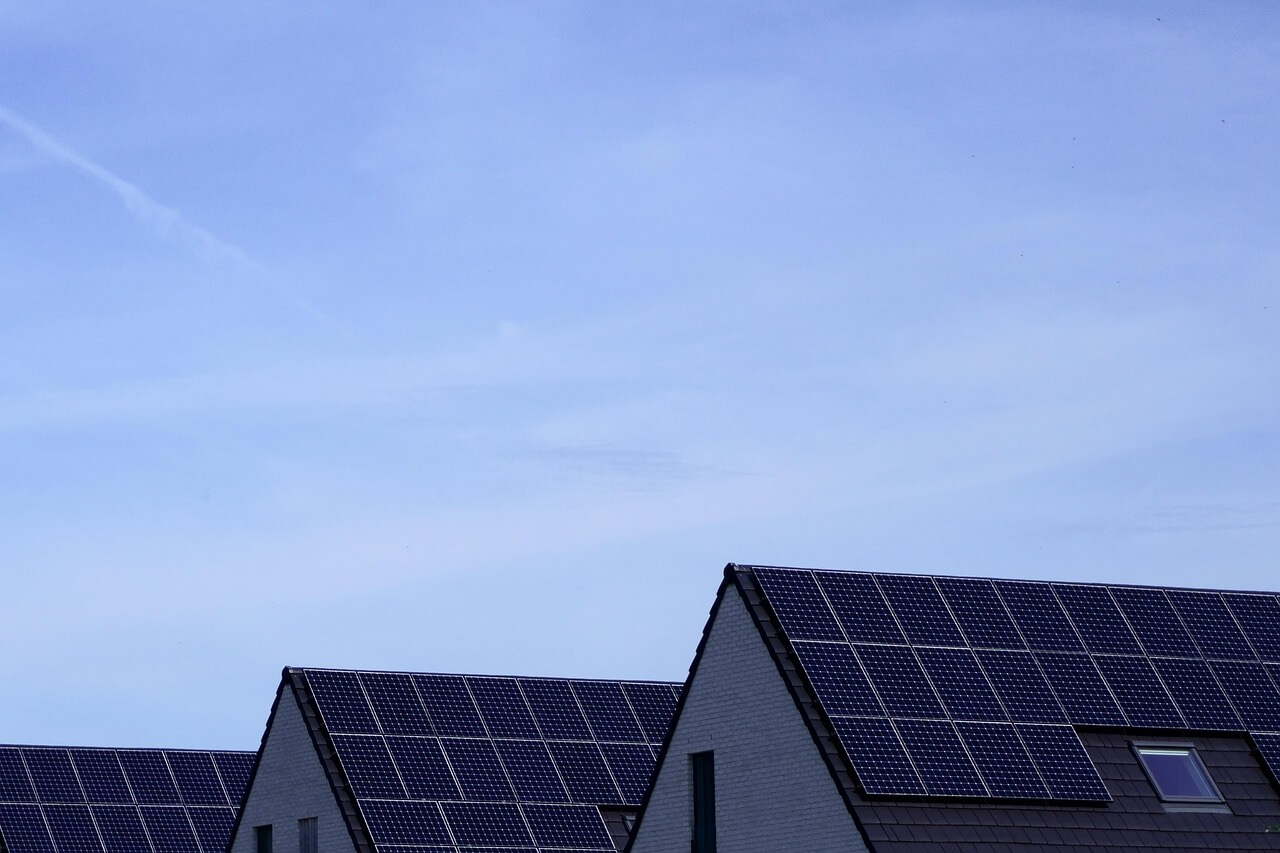According to data from the Brazilian Photovoltaic Solar Energy Association (ABSolar), Brazil's installed solar energy capacity has reached 52 GW. Since 2012, this sector has brought Brazil over 238.3 billion Brazilian reais (approximately $39 billion) in investments, created over 1.5 million green jobs, and contributed 73.8 billion Brazilian reais to the national treasury. Overall, solar power generation includes distributed generation (34.8 GW) and large-scale PV plants (17.4 GW), cumulatively reducing approximately 63 million mt of carbon dioxide emissions. Currently, PV technology accounts for 21.4% of Brazil's installed power matrix capacity, ranking second.
However, in 2024, this sector faces significant challenges. Power companies are refusing to connect new solar systems, citing power backflow caused by distributed generation. Meanwhile, the generation curtailment policy for centralized plants implemented by authorities has made it difficult for producers to fulfill contracts, thereby affecting investments in new projects. Additionally, the federal government announced an increase in import tariffs on PV modules from 9.6% to 25%, effective November 2024. ABSolar warns that this move will make solar energy more expensive, hinder technological progress in Brazil, and limit public access to solar energy at a time when the world is striving to combat climate change and accelerate the energy transition.
Brazil should actively advance public policies that incorporate high-quality legal and regulatory practices to fully leverage its solar energy potential, promote national development in social, economic, and environmental aspects, and achieve energy transition while addressing global warming. Furthermore, emerging technology fields such as energy storage and green hydrogen present significant opportunities. By fostering a favorable business environment to attract green investments, enterprises, and jobs, Brazil is poised to play a key role in these areas.


![[SMM PV News] Armenia Hits 1.1 GW Solar Capacity,](https://imgqn.smm.cn/usercenter/qQwIB20251217171741.jpg)
![Spot Market and Domestic Inventory Brief Review (February 5, 2026) [SMM Silver Market Weekly Review]](https://imgqn.smm.cn/usercenter/tSwaX20251217171735.jpg)
